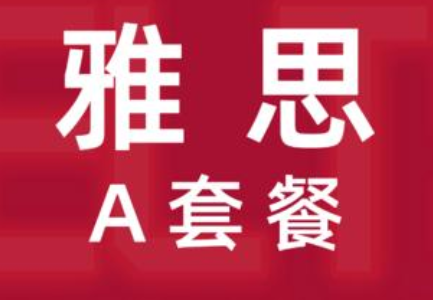很多来新航道的学员都是想提高托福考试的听力,那么很多同学一到重听题就犯了难,如何合理去做重听题,准确定位抓住考点是主要,和新航道小编一起来看看吧!
首先,重听题常见的提问方式有以下几种:
Listen again to part of the lecture,then answer the question.What does the professor mean when she says this?What does the professor/student indicate/mean when he/she says this?
听力文本中哪些地方喜欢出重听题呢?
1.问答
出现问答说明谈话一方有疑问或是老师考查学生,答句经常作为重听题考点。

例:Student:You mean insulated windows?The kind with multiple layers of glass and gas between each layer?Professor:As I mentioned earlier,this facility sets the standard.That’s old technology.
学生问是否采用insulated windows,老师的回答进行了否定,说明该建筑采用了其他更好更新的技术,注意老师的答话。
2.特殊语气
重听题的考察点在于听出教授的“言外之意,弦外之音”。
所以在此题题型中,语气词很关键,考生在听到Oh/Wow或是语气语调加强的时候,就要注意,特别是加重读音以及拖读音时,比如Really?I can’t believe I didn’t know that。
这类语调就表达出了说话人的惊讶的情绪,在听到这样的表达时建议大家可以采用“!”等特殊符号做好笔记记录。
当然除了这种语气,大家有时也会碰到别的无奈,犹豫,有点嘲笑或伤心的表达,具体哪种要大家根据语气仔细判断。
TPO 47 Feedback On An AssignmentsStu:So,um,what else is a review supposed to do?Pro:WELL.It should also analyze the film,discuss its strengths and weaknesses,maybe compare to other movies,even mention why the reviewer did or didn’t like it.
教授此处的well就是给学生在做电影评论的学期作业时提出的建议和方向指引。
3.特殊表达
从ETS对重听题的设置来看,除了考察考生对说话人语气的把握,有些重听题会考察考生对于一些特殊表达的熟悉度。所以建议大家在碰到类似这样表达可以进行积累。
Advisor:But if there is that much demand,isn’t there a chance they will open an additional section of Intermediate Chinese?Is there a language coordinator you can talk to?
Student:I did.And he said that they won’t expect in the enrollment to be so high and they are trying to hire another professor.But he told me I shouldn’t hold my breath.
这里的Don't hold your breath.就是一个常见习语,是特殊表达的一种。字面解释:不要憋着气。习语用法:你所说的事可能不会发生,我怀疑它发生的可能性。
较后新航道要提醒大家的是重听题的解题思路比较多样化,大家一定要灵活应变,仔细思考想考查的到底是哪方面的内容,如果大家对托福听力还有任何的疑问,可以咨询新航道哦!










